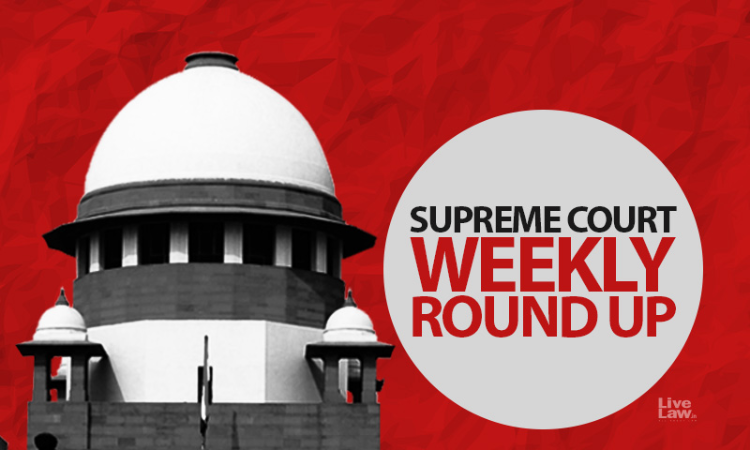Next Story
6 Jun 2021 12:53 PM IST
JUDGMENTS THIS WEEK1. Supreme Court Rejects Plea To Constitute Committees To Hold Preliminary Inquiries Before Lodging Sedition Cases Against Senior JournalistsCase: Vinod Dua vs. Union of India [WP(Crl) .154 of 2020] Citation: LL 2021 SC 266In its judgment quashing sedition case against Journalist Vinod Dua, the Supreme Court rejected the plea to direct the State Governments to...

